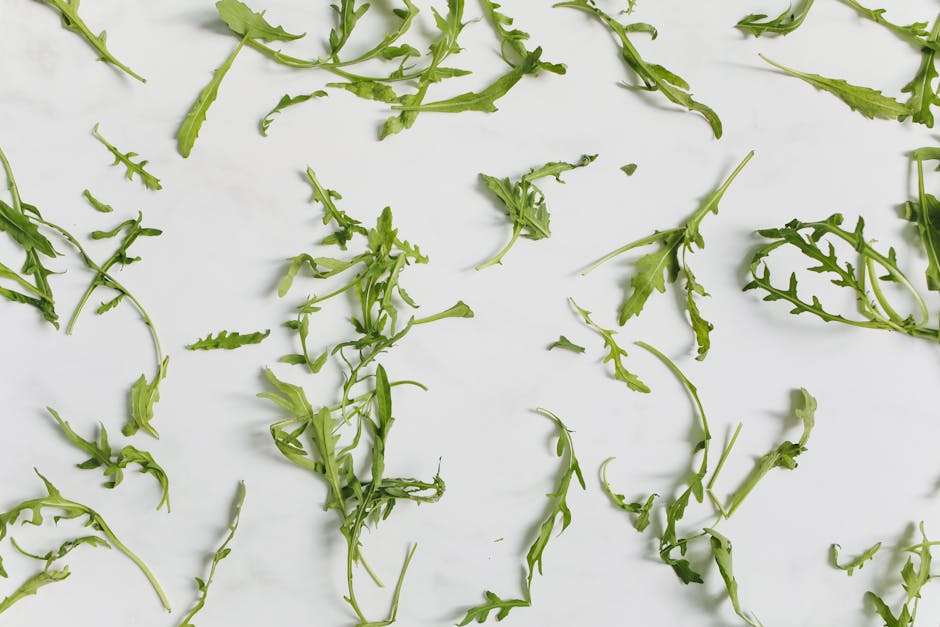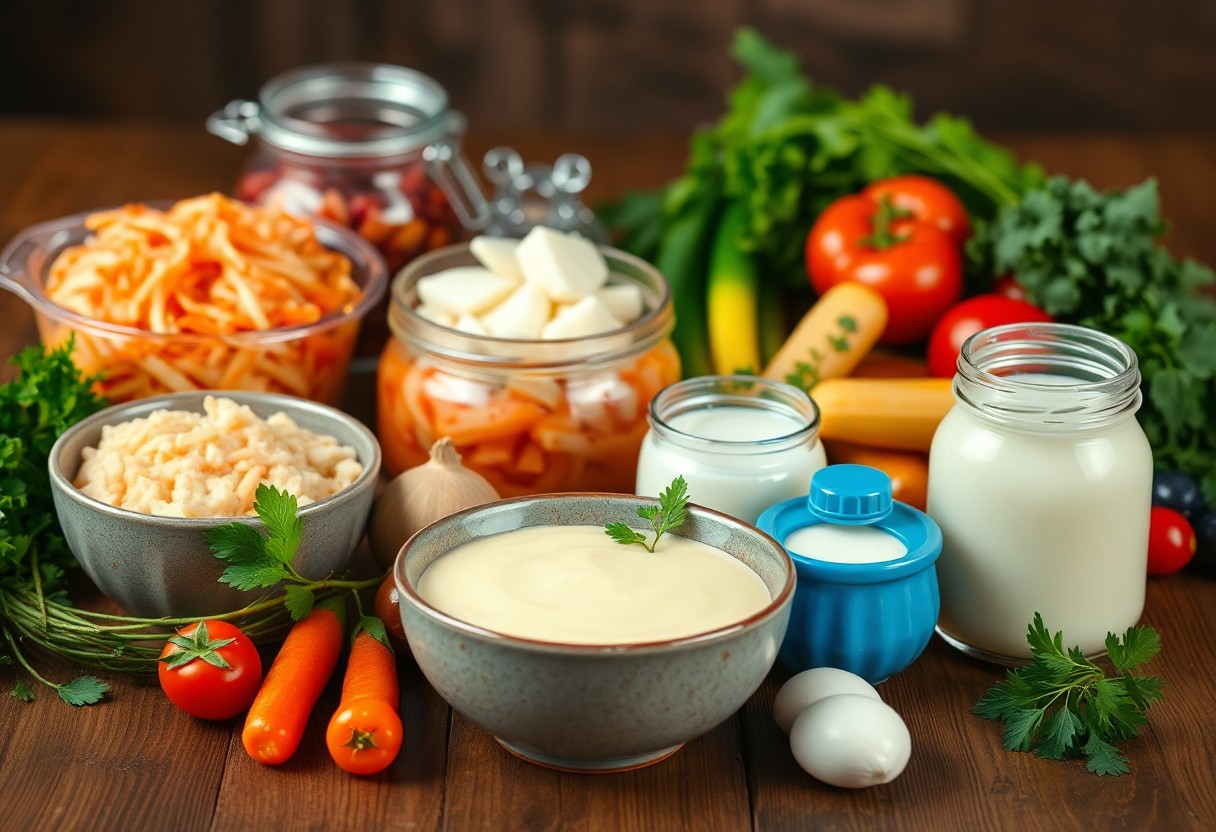A Guide to the Best Herbal Teas for Digestion
Herbal teas have been cherished for centuries, not only for their soothing flavors but also for their potential health benefits. Among the many advantages, aiding digestion is a standout. Whether you’re dealing with occasional bloating, indigestion, or just aiming for a healthier gut, herbal teas can be an effective natural remedy. In this guide, we’ll explore the best herbal teas for digestion and how you can incorporate them into your daily routine.
Why Herbal Teas for Digestion?
Herbal teas are often favored for their natural properties, offering a caffeine-free alternative to traditional teas and coffee. Many herbs have been recognized for their digestive properties, helping to soothe the stomach, reduce inflammation, and promote better digestion. According to recent studies, approximately 60-70 million Americans suffer from digestive diseases. Incorporating herbal teas into your diet can be a simple yet effective strategy for improving digestive health.
Top Herbal Teas for Digestive Health
1. Peppermint Tea
Peppermint tea is renowned for its refreshing taste and is often used to relieve symptoms of irritable bowel syndrome (IBS), including bloating and abdominal pain. The menthol in peppermint acts as a natural antispasmodic, helping muscles in the digestive tract relax. To make peppermint tea, steep a handful of fresh peppermint leaves or a peppermint tea bag in hot water for about 5-10 minutes.
2. Ginger Tea
Ginger tea is another powerful ally for digestion. With its anti-inflammatory and antioxidant properties, ginger can help alleviate nausea, indigestion, and stomach upset. A study published in the National Institutes of Health found that ginger can accelerate gastric emptying. To prepare ginger tea, slice a piece of fresh ginger root and boil it in water for about 10 minutes.
3. Chamomile Tea
Chamomile tea is often appreciated for its calming effects, which can extend to the digestive system. It may help reduce stomach cramps and promote better digestion by relaxing the muscles in the digestive tract. Chamomile contains anti-inflammatory properties that can soothe the stomach lining. For a perfect brew, steep chamomile flowers or a chamomile tea bag in hot water for 5 minutes.
4. Fennel Tea
Fennel tea is well-known for its ability to reduce bloating and gas. The volatile oils in fennel seeds help stimulate the production of gastric enzymes, aiding digestion. Fennel tea can be made by crushing fennel seeds slightly and steeping them in hot water for about 10 minutes.
5. Dandelion Tea
Dandelion tea acts as a mild laxative and diuretic, promoting the elimination of toxins from the body and supporting liver health. It can help relieve constipation and improve digestion. To make dandelion tea, use dried dandelion roots and steep them in boiling water for 10-15 minutes.
How to Incorporate Herbal Teas into Your Routine
Adding herbal teas to your daily routine is simple and can be a delightful ritual. Here are a few tips to get you started:
- Start Slow: Introduce one herbal tea at a time and monitor how your body reacts.
- Consistency is Key: For noticeable results, aim to drink herbal tea daily.
- Create a Tea Ritual: Dedicate a specific time of day for your tea, such as after meals or before bedtime.
- Mix and Match: Experiment with blending different herbs to find flavors you enjoy and effects that work best for you.
Conclusion
Herbal teas offer a natural and enjoyable way to support digestive health. From peppermint to dandelion, each tea brings unique benefits that can help soothe and nurture your digestive system. By integrating these teas into your daily routine, you can take a proactive step towards a happier, healthier gut. As always, it’s important to consult with a healthcare provider, especially if you have existing health conditions or are taking medications. Enjoy your journey to better digestion, one cup at a time!











